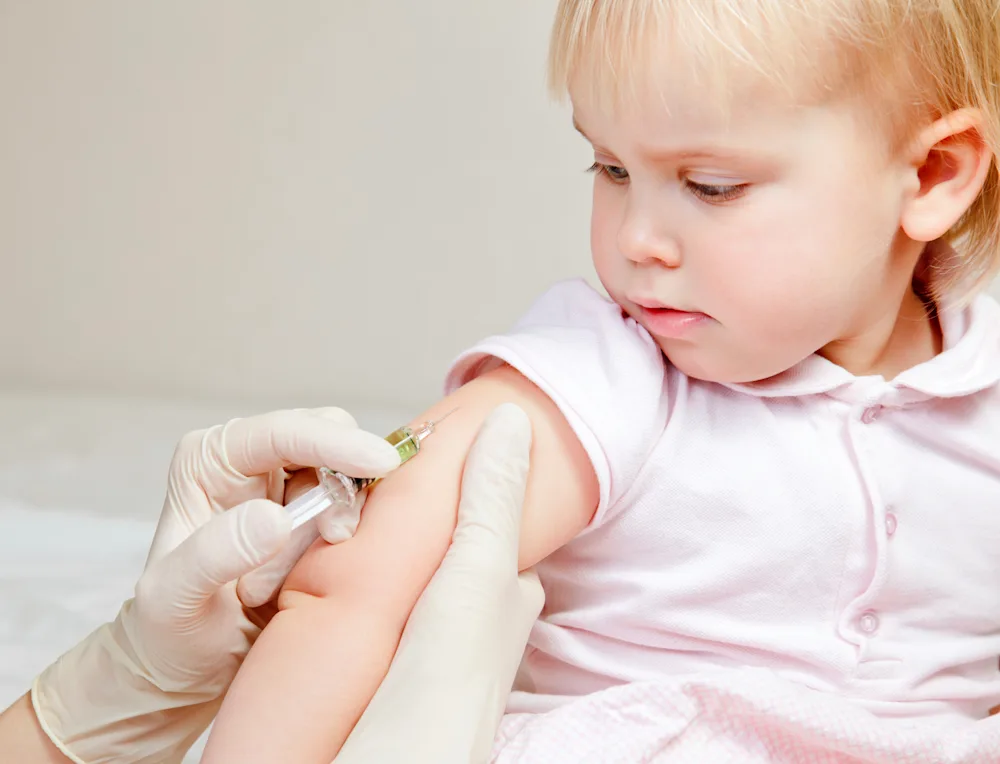This news article is more than a year old
Measles vaccinations – priorities as of 9.2.2024
9th February 2024
On February 3rd, the first case of measles was diagnosed in our country since 2019. Several groups of people were potentially exposed in the two days prior. Those who were unvaccinated and may have been in close contact with the infected person were offered vaccinations on Monday, February 5th.

Close contact, or being exposed, means being in the same space as the infectious person, increasing the risk of contracting the disease.
Now, the focus shifts to vaccinating those most susceptible to infection if the individuals exposed between February 1st and 2nd become ill. These would be the unvaccinated or under-vaccinated household members of those who received a notification last week of exposure and who were not reliably fully vaccinated, or previously had measles.
Who should receive MMR vaccination in the coming days:
Anyone born between 1975 and 2023 who hasn't received any doses of the measles vaccine and is at least 6 months old.
Individuals born between 1975 and 1987 who haven't definitively received two doses of the measles vaccine.
Healthcare professionals born between 1970 and 2000 who haven't reliably received two doses of the MMR vaccine.
Who should not receive MMR vaccination in the coming days:
Pregnant individuals.
Immunocompromised individuals, including those on immunosuppressive medications or with impaired immune systems. Cell-based immunity is also relatively decreased with increasing age; the measles vaccine is not generally recommended in Iceland for people born before 1975.
Infants under 6 months old.
People with a gelatin allergy.
Those who have already received two doses of the measles vaccine.
Vaccinations are available at primary care clinics. Household members of exposed individuals can seek advice on vaccination needs via the Heilsuvera webchat or by calling 1700. Information on vaccination locations and schedules in the capital area is provided. Residents outside the capital area can contact their local healthcare provider for vaccination information.
The Chief Epidemiologist
